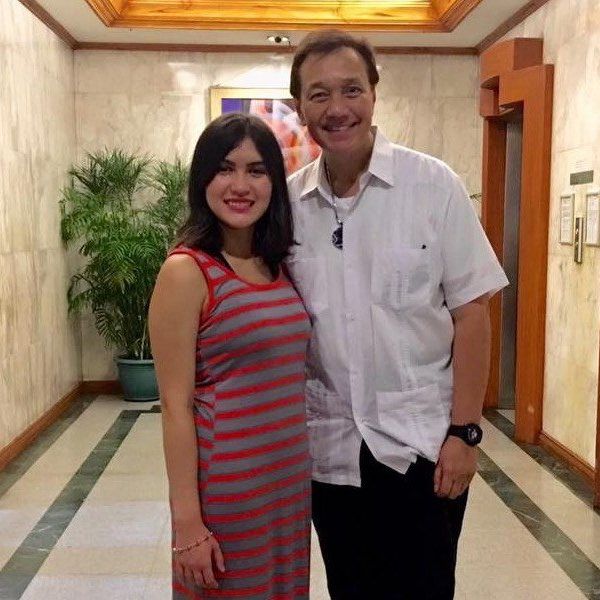If you're a student at Liberty University here in Lynchburg, Virginia, you know that Convocation is nothing short of incredible. It's a dizzying experience at first, being surrounded by 13,000+ peers and staff, joining in a communal worship service, and being able to hear speakers whose names may be passed around your dinner table during school breaks.
Every residential, on-campus student attends Convo three times a week. We sit in assigned sections. At Convocation, it is a humbling experience to recognize that you are not just a student, but part of a student body, part of the body of Christ.
But a growing part of that student body is now beginning to question not just who is speaking on a said day, or what was said, but what Convocation actually is.
According to Liberty's website, Convocation is not a chapel service, despite the 15-20 minute worship held before speakers rise to the podium. This distinction allows them to host any number of diverse speakers, as Convocation "allows people from all walks of life to compel, equip, and challenge our students to think clearly and with conviction."
Guests at Convo are chosen by “relevance,” and if the speaker happens to “possess a message that will contribute to pivotal cultural conversations that stretch both the hearts and minds of our students, faculty, and staff.”
In these past few years, however, it's not been hard to find students in the halls or at the gym or simply walking down University Boulevard and hear them dreading yet "another political Convo" and "another pastor selling a book," or squealing, "I can't believe so-in-so said that!"
That's not to say that these kinds of speakers are featured prevalently at our school—but they come often enough that we notice and make memes like the brilliant millennials we are. As far as political Convos go, it's no secret that our school president, Jerry Falwell Jr., supported and continues to support now-U.S. President Donald Trump.
But just how much of that support trickles into our Convocation remains to be seen, as right-wing commentators, journalists, and Trump Campaign affiliates have often been under the Convocation spotlight.
What pains me personally about Convo, however, is that last semester, (including those in panels and grouped speakers) only 22% of all Convocation speakers were women. Only 30% of female speakers spoke unaccompanied. While it is uncommon, and in many cases unheard of for women to speak with authority from a Christian pulpit, Convocation is clearly defined as separate from Chapel.
Considering that the majority of undergrads at Liberty are women, this poses a interesting question: If Convocation is not Chapel, then what is it, and do the same traditional criterion of the pulpit also apply to Convo?
An initial response may very well be, no, of course not; we've had speakers all the way from Social Democrat Bernie Sanders to Republican Ted Cruz and his presidential bid in 2015, from Christine Caine and her "Propel Women" initiative, to the Robertson family of the A&E reality show, Duck Dynasty.
However, if that truly were the case, then why do these numbers exist in 2017? Why is the ratio of female speakers to male speakers so unequal?
Dear Convocation, what are you?
This is not to say that male speakers are unable to teach, preach, or persuade female students at Liberty; rather, this is a matter of representation. Of the percentage aforementioned, only 33% of female speakers were of color, compared to an even more disappointing 23% of the male speakers.
In the world of #blacklivesmatter, #metoo, or #timesup, where does Convocation fit in?
If Convocation is not Chapel, if it is meant to enrich our college experience by exposing us to diverse and culturally relevant speakers in order for us "Champions for Christ" to better engage with the world around us…why are those beautiful and powerful and culturally-relevant discussions on fighting racism, domestic abuse, sexism, why are they so few and far between? The voices we hear matter.
Dear Convocation, are you a pulpit, a political tool, or a public space of ideas?
Let me know when you've figured it out. In the meantime, I'll go find my seat in section 101, and I am looking forward to what this new semester will bring.



















